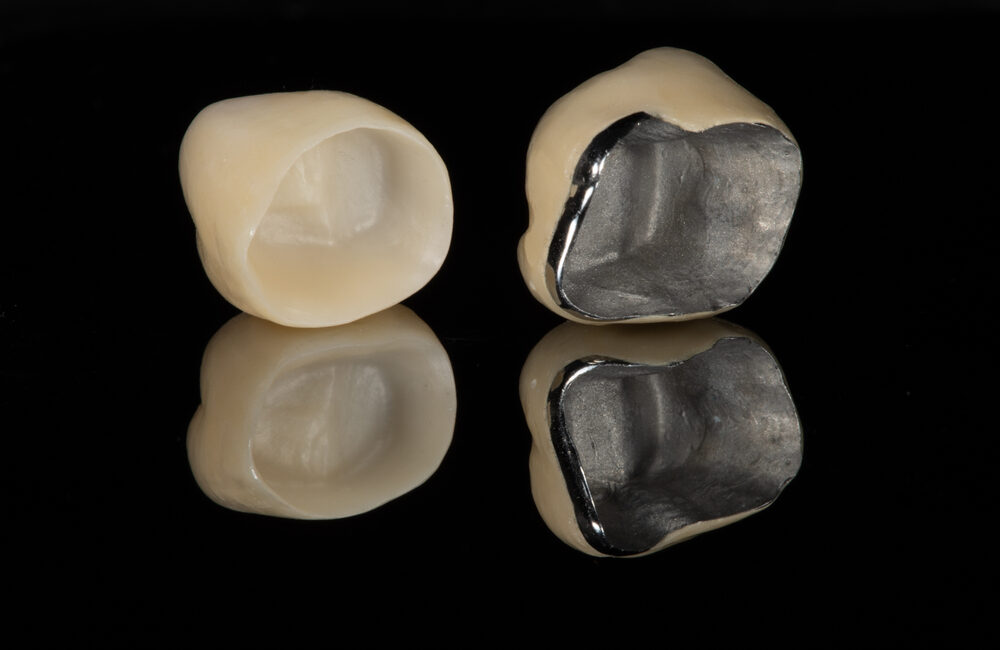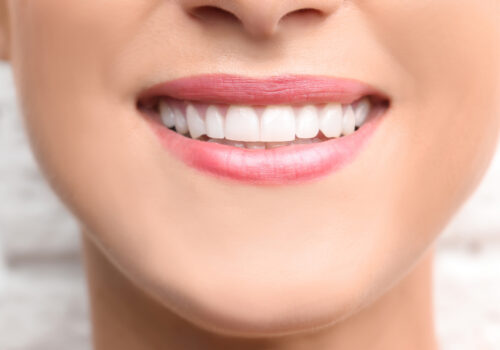
Dental crowns are one of the most common dental procedures a dentist performs. They do everything from protecting a damaged tooth to enhancing your smile. Here is everything you need to know about dental crowns, including their purpose, types, procedure, and care.
What is a dental crown?
A dental crown is a cap that your dentist puts over a tooth to replace the natural tooth crown (the visible portion of the tooth). Dental crowns are permanently cemented onto teeth that have been cracked, damaged, or excessively decayed. The dental crown restores the original shape, size, and function of the tooth.
When is a dental crown needed?
A dentist may recommend a dental crown if:
- The tooth cavity is too large for a filling
- You have a weakened tooth, either because it’s cracked or excessively worn down
- You had a root canal treatment and a crown is needed to help protect the restored tooth
- You had a dental implant placed
- Your tooth is discolored or oddly shaped and you want to improve the aesthetic appearance of your tooth
What types of crowns are available?
Crowns are made from various materials, like ceramic, porcelain, and gold, depending on your preference, the tooth’s location, how visible it is in the mouth, etc. Some common dental crowns include:
Gold alloy – Gold alloy crowns consist of a combination of gold, copper, and other metals. These crowns bond very well to the tooth and don’t fracture, thus are long-lasting. Gold crowns are a great choice for patients, who are not concerned about having an entirely white smile; they are sometimes even requested as a fashion statement.
Porcelain-fused-to-metal (PFM) – This crown provides a strong bond to the tooth because it is connected to a metal structure, thus it is extremely durable. In addition, the porcelain part of the crown blends well with natural teeth, which makes this type of crown aesthetically and functionally the best option.
Zirconia – These crowns are made up of a white powdered metal (zirconium oxide), which does not produce a toxic response to living tissue for people who suffer from allergies. Zirconia crowns are highly recommended because they can withstand chewing and biting forces even if you have bruxism, and they can be made to match your natural teeth.
What is the procedure for dental crown placement?

It typically takes two dental visits to complete a dental crown placement. The following steps are involved:
- Tooth preparation. Any decay in the tooth is removed via root canal and the outer portion of your tooth is shaved down to fit the crown.
- Taking an impression. An impression of your tooth is made to provide the exact model for your crown.
- Temporary crown placement. The dentist will place a temporary crown and send your impressions to a lab, where a permanent crown is made. You typically will wait two to three weeks. During that time, your tooth might be more sensitive to hot and cold, and it’s best to avoid biting hard on that tooth or eating sticky food.
- Permanent crown cementation. When the permanent crown is ready, you will come in for your second dental visit. Your dentist will place the crown in your mouth, adjust it as needed, and cement the permanent crown into place.
Read also / What Are Partial Dentures?
How long do dental crowns last?
A dental crown can last anywhere from 5 to 20 years. There could be a number of reasons that a dental crown would need to be replaced, including crown fracture from too much force, excessive wear of the crown or opposing teeth, recurrent tooth decay, or for cosmetic purposes. Practicing good oral health care can help extend the life of your dental crown.
How to take care of my dental crown?
Dental crowns are like your own teeth, so you need to practice good oral hygiene by brushing twice a day and flossing daily. In addition, avoid chewing hard foods or objects like ice or pencils, as that can damage the crown. Finally, be sure to visit your dentist regularly for dental check-ups.







Leave a Reply